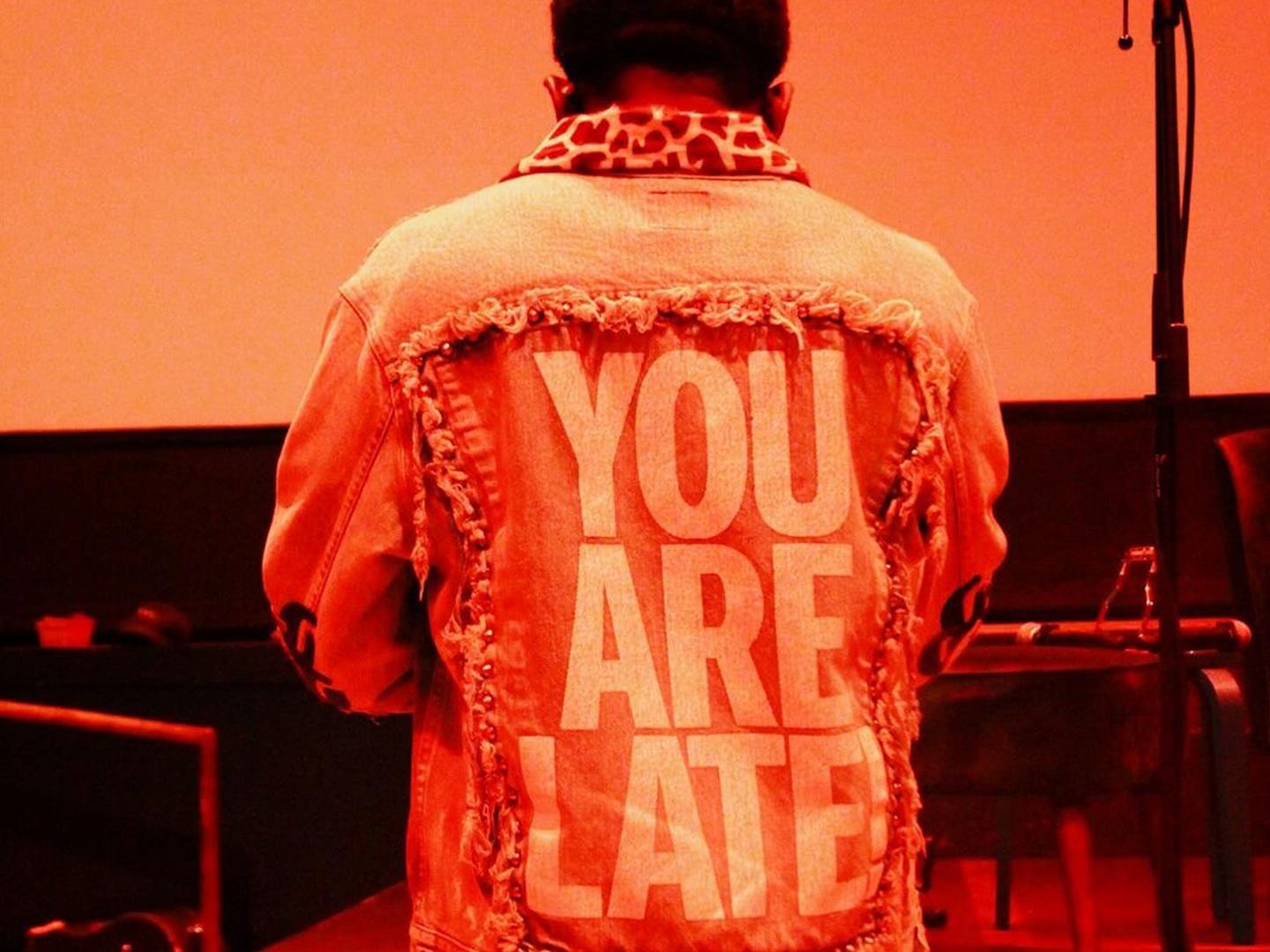You Are Late
But There's Still Time on the Clock

Today marks a year of repeated escalations in the ongoing genocide and ethnic cleansing of Palestinians by the Israeli government and its allies.
As reported by Al Jazeera:
2.1 million people or 96% of Gaza’s population are facing high levels of food insecurity
One in five Palestinians, or 495,000 people, are facing starvation according to the Integrated Food Security Phase Classification (IPC)
More than 10,000 people are missing or unaccounted for in the mass destruction in Gaza
At least 97,166 Palestinians, which is 1 out of every 23 people in Gaza, have been injured in the last 365 days
At least 41,870 Palestinians, which is 1 out of every 55 people in Gaza have been killed in the last 365 days—including 16,756 children & 11,346 women (69% of the victims are children and women)
520 bodies have been recovered from 7 mass graves created by Israeli forces inside hospitals
10,000+ Palestinians are being held in Israeli prisons under grave conditions, and 3,300+ are held without charge or trial
75% of Gaza’s population (1.7 million out of 2.3 million) have been infected with contagious diseases—of which at least 350,000 chronically ill patients are in danger due to medications not being allowed in, at least 15,000 injured and ill people need to travel abroad for treatment, and at least 10,000 cancer patients are facing death and need treatment
The numbers are daunting—and in this past year, more of us have become increasingly aware of the 70+ years of ethnic cleansing and threats of white supremacy and colonialism.
As I reflected on the past 365 days, I considered a photo posted by author & poet Hanif Abdurraqib where he’s wearing a jacket embellished with bold type that reads in all-caps, “YOU ARE LATE!”
As we consider our heightened awareness in the past year, we are late.
We are late to the decades of harm and destruction—and this shouldn’t be a cause for despair but a call to greater action and deeper commitment to the struggle for liberation.
Over the past year, I’ve thought a lot about collective consciousness—seeing ourselves as part of a people to whom we owe our time and efforts, and understanding that there are others who fight on our behalf, as well. Recognizing that what happens to one of us is happening to all of us, whether we see it or not.
That’s beyond Palestine. That’s Congo, Sudan, Haiti, Lebanon, Appalachia, and the list goes on.
In the words of author & poet Gwendolyn Brooks:
“…we are each other’s
harvest:
we are each other’s
business:
we are each other’s
magnitude and bond.”
We are connected. And when we lose sight of this, not only do we hurt ourselves but we hurt each other.
I see it as my duty to inform us that we belong to one another—even if it means reminding those of us who already know this.
It’s easy to lose sight of our interdependence under systems that center individualism, and it’s important to recognize there are people among us who are still growing in their awareness of these linkages.
I share this not to prop up myself. But during a recent Locked In writing session, a friend of mine explained how a conversation we had months ago helped him better understand the history of solidarity that exists between Black people and Palestinians.
It’s not too long ago that I didn’t know about this history, and people offered their teachings and resources that were helpful for them. I want to be that for someone else; I want to help walk us home.
I believe the more aware we become of our own interconnectedness, the more we won’t see helping others as going out of our way—but rather, we’ll see that helping each other is our way. The way. The only way that matters. Keeping each other alive and continuing to show up however that looks for us.
It’s not complicated. We need each other. We are the only ones who will save us.
If the past year has shown us anything, despite all the actions, all the protests, all the appealing to our leaders, they remain true to their own interests, money, and power. They don’t care about us beyond what we can do for them and how little we interfere with their ability to expand on these things.
The justice we seek will not come from elites; it will come from our own resistance and collective action.
We are late. But we are not helpless, nor are we hopeless.
We are capable of birthing a new reality that works for all of us and not just those in power. A world that doesn’t just work for white people, straight people, able-bodied people. A world that doesn’t require exploitation, dehumanization, and destruction. A world that has just as much to do with what we build as it does with what is destroyed. Not at the cost of some of us, but for the flourishing of all of us.
We are late. But to use a sports anology, there’s still time on the clock. The ball is still in play. As Hanif titled his latest book, “There’s always this year.”
We are not defined by what and who we lost in the years before—although we remember, grieve, and let those losses spur us on toward greater love, greater commitment, and greater sacrifice.
We can’t get those years back, but they remain with us as we move forward.
May we never forget the martyrs. Those who died at the hands of colonial powers, the state, and our own self-centeredness. May we honor them and ourselves in whatever time we have left.

